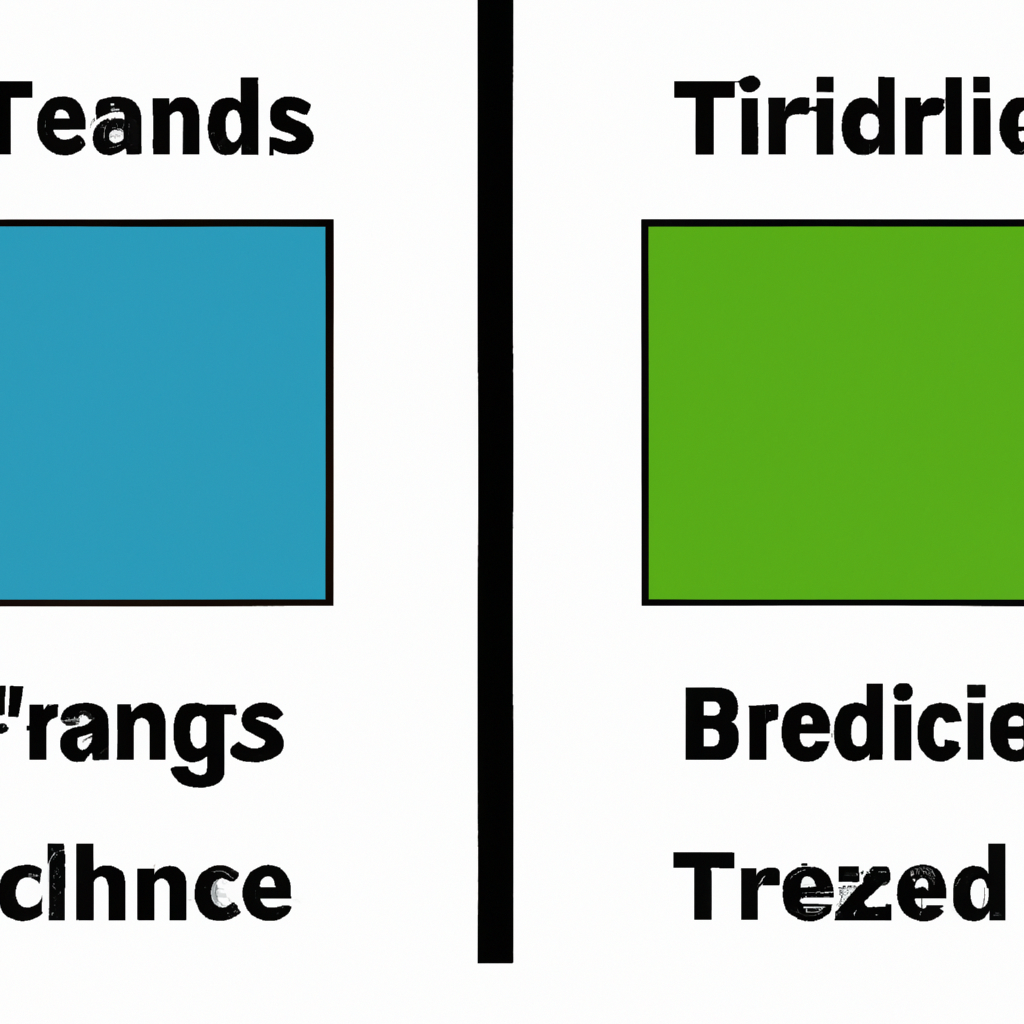
Comparing Trading Fees and Commissions: A Brokerage Cost Analysis
Trading fees and commissions comparison
Introduction
When it comes to trading stocks, ETFs, options, or other securities, one of the most important factors to consider is the fees and commissions charged by the brokerage. These costs can have a significant impact on your overall returns, so it’s important to compare fees before choosing a brokerage.
Types of fees
There are several types of fees that you may encounter when trading securities. These can include:
- Commission fees: These are fees charged for executing a trade, usually a flat fee per trade or a fee based on the number of shares traded.
- Account maintenance fees: Some brokerages charge a fee for maintaining your account, regardless of whether you make any trades.
- Inactivity fees: Some brokerages charge a fee if you don’t make any trades within a certain period of time.
- Transfer fees: If you want to transfer your account to another brokerage, you may be charged a fee for doing so.
Comparison of trading fees
To compare trading fees and commissions, it’s important to look at the overall cost of trading with a particular brokerage. This includes not only the commission fees, but also any other fees that may be charged. Some brokerages may have low commission fees, but high account maintenance fees, for example.
Example comparison
Let’s compare the trading fees and commissions of two popular brokerages, Brokerage A and Brokerage B, for trading 100 shares of a stock priced at $50 per share.
Brokerage A
- Commission fee: $5 per trade
- Account maintenance fee: $10 per month
Total cost for trading 100 shares: $505
Brokerage B
- Commission fee: $7 per trade
- Account maintenance fee: $0
Total cost for trading 100 shares: $507
In this example, Brokerage A has lower commission fees, but higher account maintenance fees, resulting in a slightly lower total cost for trading 100 shares compared to Brokerage B.
Conclusion
When comparing trading fees and commissions, it’s important to consider all fees that may be charged by a brokerage, not just the commission fees. By comparing the overall cost of trading with different brokerages, you can choose the one that best fits your trading style and budget.

